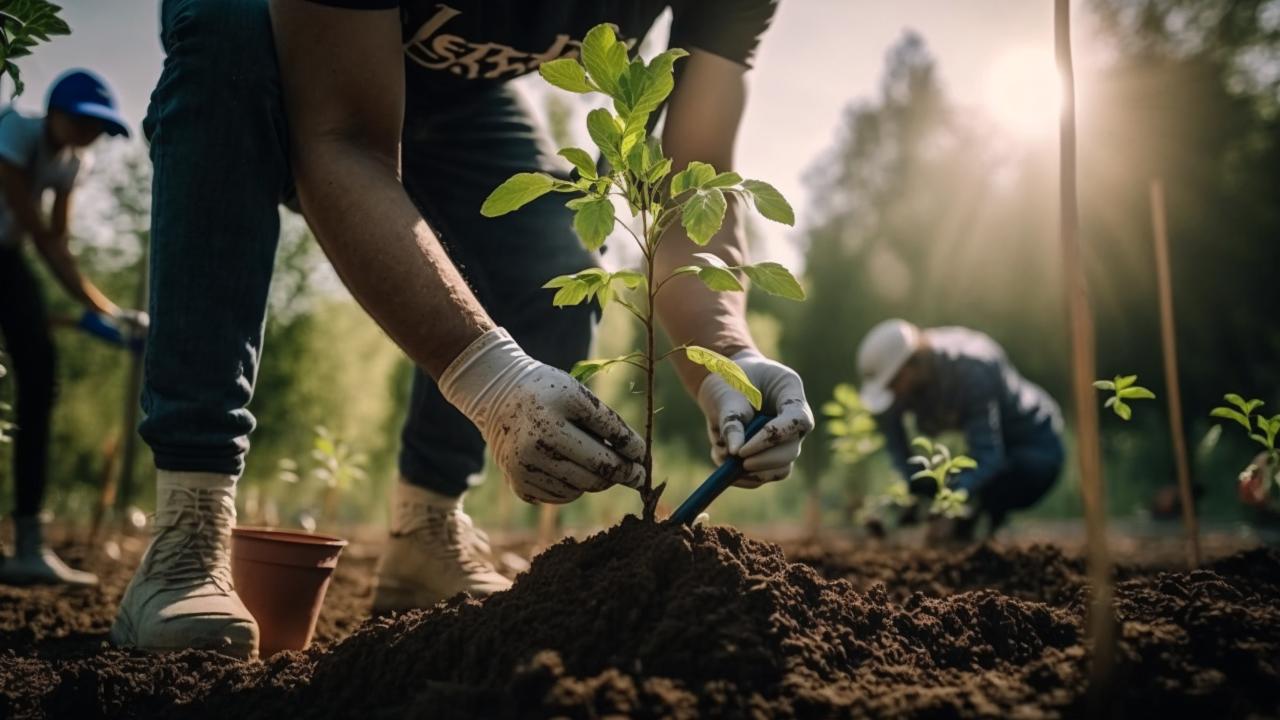Hanken receives funding to investigate how tree planting impacts people and the environment

Hanken researcher Maria Ehrnström-Fuentes is aiming to find that out with researchers from the University of Helsinki, among others. The research project has been granted one million euros by the Academy of Finland and the Ministry for Foreign Affairs.
Hanken's share of the TreesForDev project (The socio-ecological and politico-economic dynamics of ecological restoration through tree planting schemes in the global South) is EUR 400,000. The project team includes researchers from Finland, Madagascar, Ethiopia, Mozambique and Brazil. The project will run until 31 December 2026.
"Tree planting initiatives are marketed as 'one size fits all', yet the same ecological restoration methods do not work everywhere, but depend on the ecology, the different cultures and the local community concerned," says Maria Ehrnström-Fuentes, associate professor of management and organization at Hanken.
The project consortium is led by Hanken. The University of Helsinki is responsible for part of the project under the leadership of Markus Kröger, professor of Global Development Studies.
Highlighting local communities' role and know-how is a key part of the project.
"For instance, trees have sometimes been planted in places that were previously used by locals for grazing and cultivating crops, and there are cases where locals have had to give up their land for tree planting projects," says Ehrnström-Fuentes.
At the same time, she points out that there are many good examples where tree plantations have helped the climate and created better living standards.
"Various cooperation projects with the local communities have thankfully created more opportunities for the locals to grow their own food and make a living, as the trees have helped restore the ecological balance.
At a global level, the research project aims to examine how tree planting initiatives have spread across the world, who the political drivers behind them are, and who is funding the projects. The researchers will be looking at what funding Finland and other European countries are contributing to such projects.
"The project aims to be able to give various actors guidance on where and how to plant trees, so that the manner in which trees are planted is both ecologically and ethically correct. We also wish to investigate how to let the momentum come from within the villages, so that we can achieve those global sustainability goals from the grassroots up."
- More information about Assistant Professor Maria Ehrnström-Fuentes Opens in new window
- For more on the research funding, visit:
Six million euro funding boost for development research from Research Council of Finland and Ministry for Foreign Affairs of Finland Opens in new window
Text: Jessica Gustafsson


